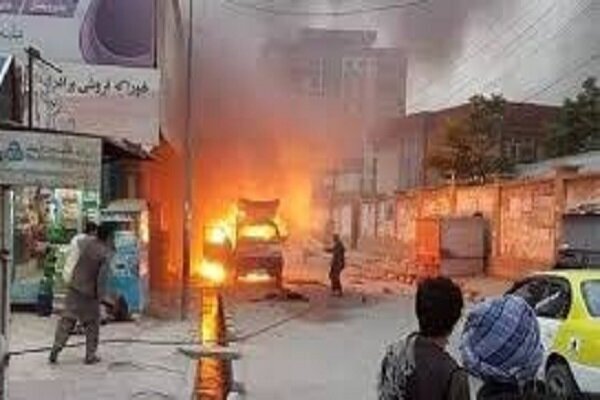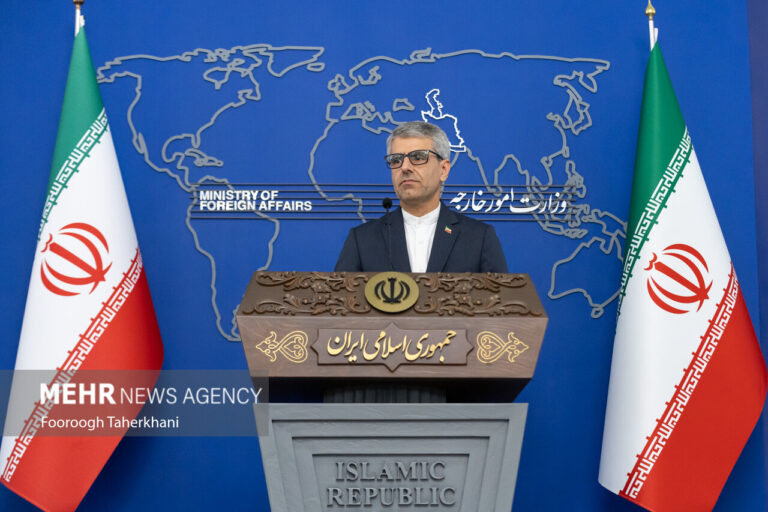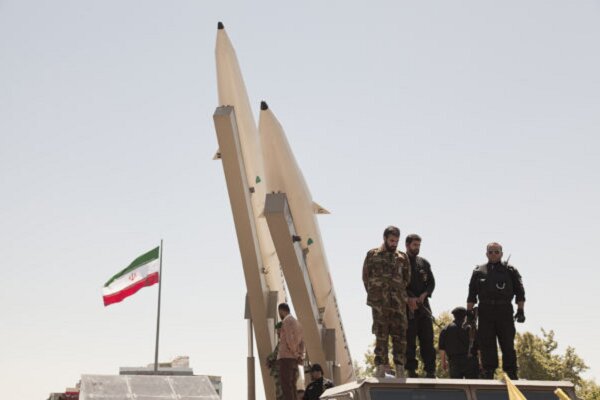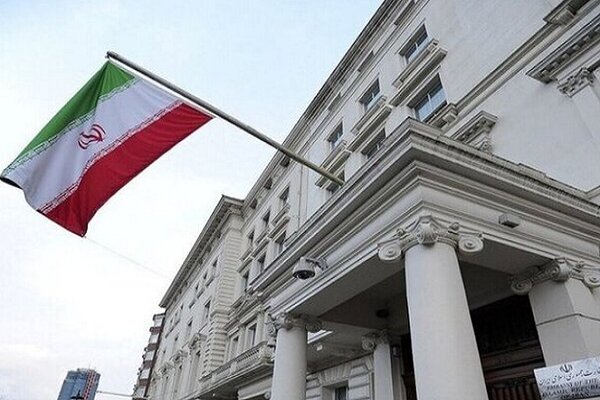Tragic Suicide Attack Strikes Peaceful Protest Gathering in Pakistan
In a troubling escalation of violence, a recent attack during a sit-in protest in Pakistan’s Balochistan province has raised alarms about security and stability in the region. The incident underscores the growing frequency of terrorist and separatist activities in this volatile area.
The attack occurred near the city of Mastung, where a political group had organized a peaceful sit-in protest. This gathering was intended to voice concerns over various socio-political issues affecting local communities. However, the event turned tragic when violence erupted, leading to chaos and panic among the participants.
Following the blast, Pakistani news networks reported that security forces were rapidly deployed to the scene of the explosion. Rescue teams also arrived promptly to assist those injured and to secure the area. This response highlights the ongoing challenges faced by law enforcement and emergency services in managing such incidents in Balochistan.
In recent months, Balochistan has witnessed a significant rise in terrorist activities, raising concerns among citizens and officials alike. The region, known for its strategic importance and rich natural resources, has become a hotbed for various militant groups. This has resulted in a surge of attacks that have targeted both civilians and security personnel.
Key Factors Contributing to the Escalation of Violence in Balochistan:
- Political Instability: The ongoing political turmoil in Pakistan has created a vacuum that extremist groups are keen to exploit.
- Economic Disparities: Balochistan is one of the least developed provinces in Pakistan, which has led to widespread discontent among its residents.
- Separatist Movements: Various separatist groups in the region are actively seeking autonomy, leading to clashes with security forces.
- Militant Recruitment: The lack of educational and employment opportunities has made it easier for militant groups to recruit vulnerable youth.
The increasing frequency of violent incidents has not only instilled fear in the hearts of the local populace but has also drawn the attention of national and international observers. Balochistan’s strategic location, bordering Iran and Afghanistan, makes it a significant area of interest for various geopolitical players.
Human rights organizations have also expressed concern over the deteriorating situation in the province. Reports indicate that civilians are often caught in the crossfire, leading to a rise in casualties. The latest attack during the protest has further fueled calls for improved security measures and a more robust government response to protect citizens.
Implications of the Recent Attack:
- Increased Security Measures: Authorities are likely to implement stricter security protocols in public gatherings to prevent future incidents.
- Political Consequences: The attack may lead to a reassessment of political strategies by various parties in Balochistan.
- Public Outcry: Citizens are expected to voice their anger and demand accountability from the government regarding their safety.
This incident is not isolated; it reflects a broader trend of violence that is becoming increasingly common in Pakistan’s Balochistan province. The government’s ability to effectively respond to such threats is under scrutiny, with many calling for a comprehensive strategy to address the root causes of unrest.
As authorities continue to investigate the circumstances surrounding the attack in Mastung, it remains imperative for leaders to engage with local communities to foster dialogue and address grievances. Only through concerted efforts can the cycle of violence be broken, ensuring a safer environment for all residents of Balochistan.
In conclusion, the attack during the sit-in protest in Mastung serves as a grim reminder of the challenges facing Balochistan. With the region experiencing an alarming rise in violence, urgent action is required from both the government and civil society to restore peace and stability.






